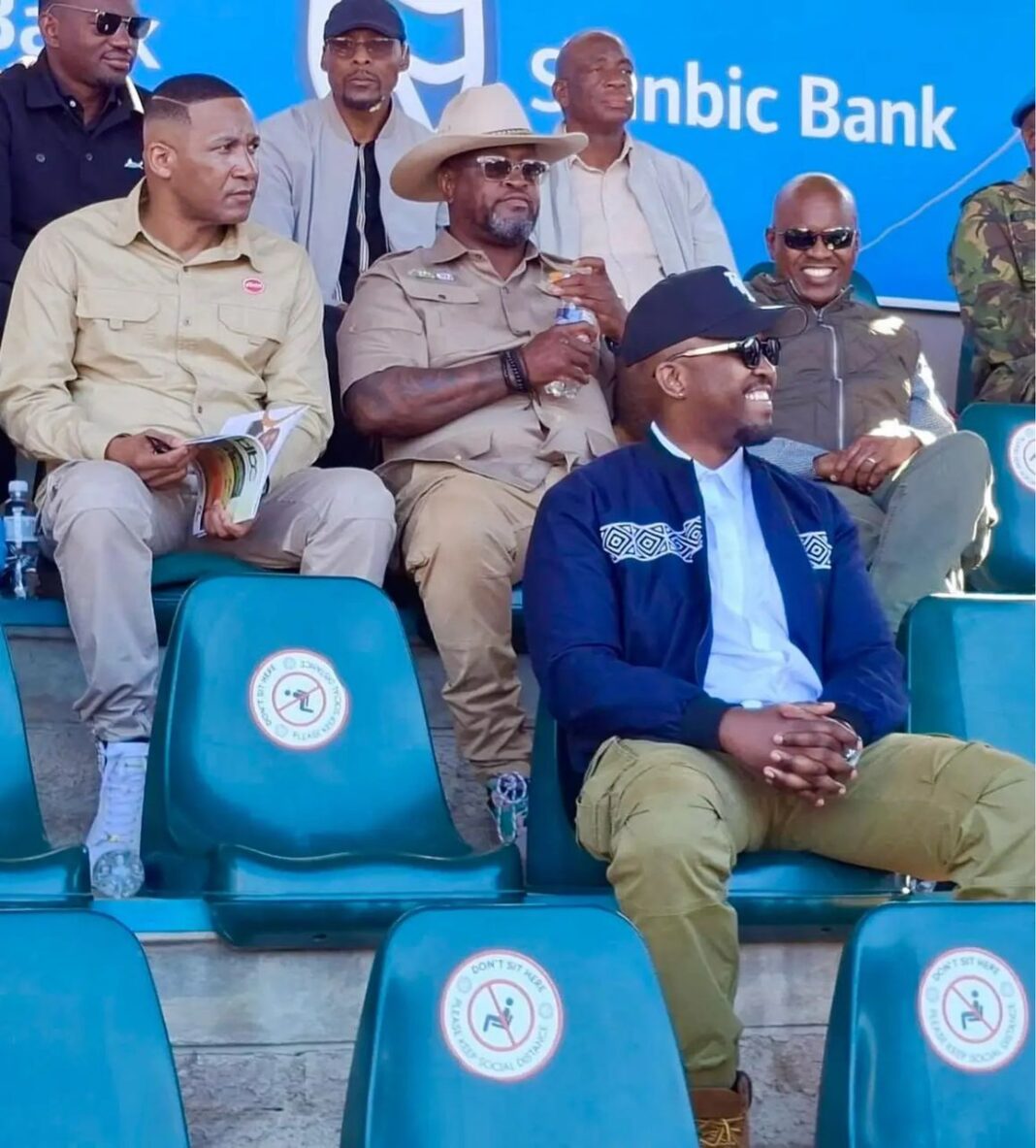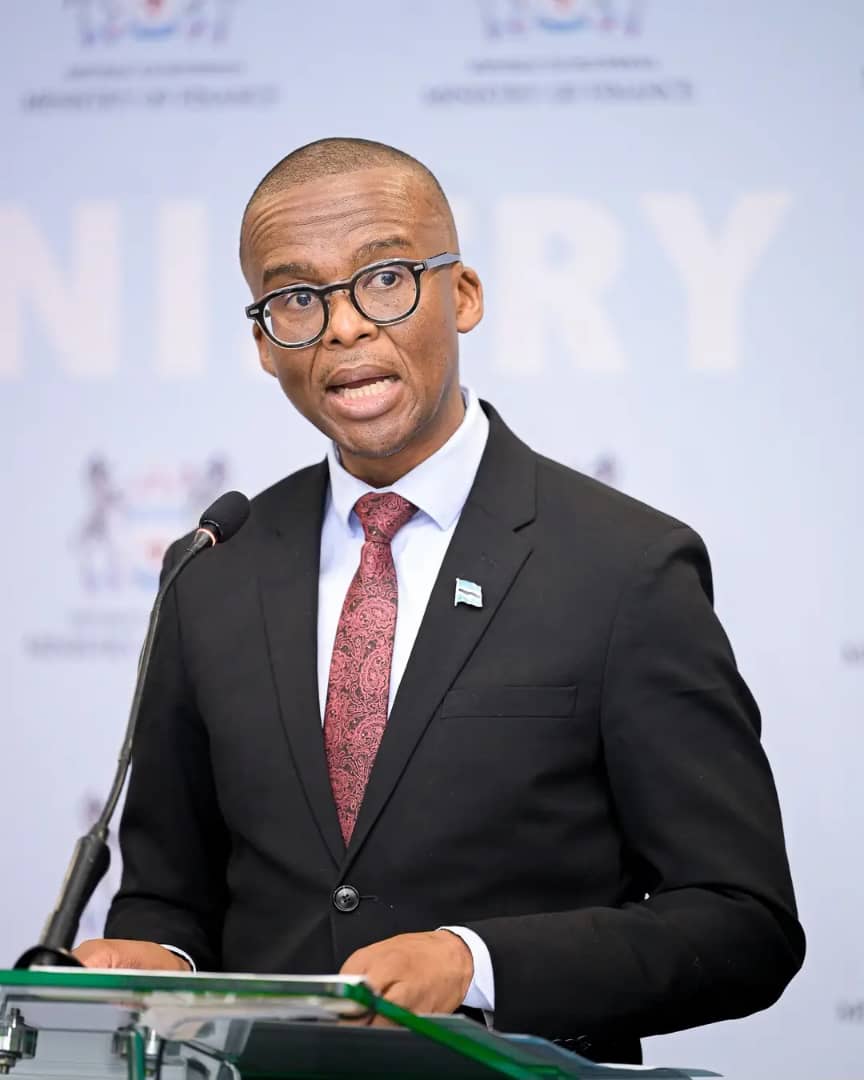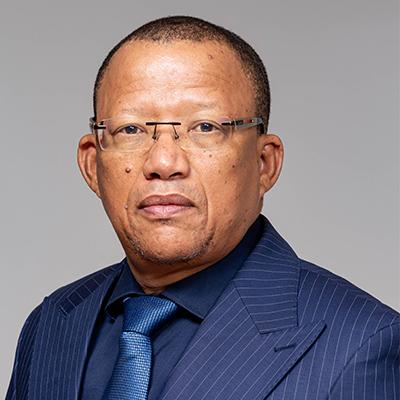In a televised address this morning, President Advocate Gideon Boko declared a State of Public Health Emergency, citing a severe disruption in medical supplies caused by the failure of the Central Medical Stores (CMS) supply chain. President Boko highlighted the government’s swift and decisive actions to rectify the long-standing issues, which are the result of past procurement policies and systemic inadequacies. The government noted with great concern that the cost of medical supplies, which exceeds P1 billion per year, has been greatly inflated, and the distribution systems are inadequate, leading to loss, damage, and wastage.
Decisive Action and Inter-Ministerial Collaboration
Boko’s address underscored the significant collaboration between government ministries and stakeholders to develop a comprehensive plan. The President personally thanked Minister for State President Moeti Mohwasa, Minister of Health Stephen Modise, and the Botswana Defence Force (BDF) Commander Placid Segokgo, noting that they had met multiple times, even at night, to chart a course out of the crisis. This level of inter-ministerial cooperation demonstrates the government’s commitment to finding a swift resolution.
In his address, Boko detailed a four-step plan already in motion to remedy the situation. The first step involves unlocking emergency resources by declaring a State of Public Health Emergency. The government also set aside a section of the Retirement Fund Act to establish the Health First Botswana Partnership, a P5 billion fund. The Botswana Development Corporation (BDC) will make an initial investment of P100 million. This fund aims to facilitate strategic procurement, establish global partnerships, and implement transparent processes to secure quality products at competitive prices. The Ministry of Finance has also approved a waiver to use the Emergency Procurement method to bypass schemes that have contributed to cost escalations.
Failures of the Past and a New Path Forward
The President’s address laid bare the failures of the CMS and the policies of the previous administration. It was revealed that an estimate received from CMS for a full year’s supply of necessary medicines stood at over P705 million, while a separate quote from the task force for the same quantities was less than P80 million, a staggering example of price inflation. The President attributed this to policies from the previous government that mandated the inclusion of several middlemen in the procurement process under the guise of job creation. He argued that these middlemen added no value and were unjustly depleting government funds. The new administration is taking a different approach, aiming to create employment through local manufacturing with clear value and skills transfer to local people.
To ensure swift execution, a National Task Force of experts was appointed on August 22nd, working 24-hour shifts to speed up preparatory work. This task force includes key personnel from the BDF Logistics Command, the Ministry of Health, the BDC, and the Botswana Baylor Institute. The task force will report to a National Steering Committee (NSC) composed of the Minister of Health, the Minister for State President, the Permanent Secretary to the President, and the Commander of the BDF, which is empowered to make all necessary decisions.
Procurement is already underway in two phases, with the BDF overseeing the process to ensure it is price-sensitive and fair. A P250 million emergency fund has been made available by the Ministry of Finance for life-saving medical supplies. Phase 1 focuses on local suppliers, while Phase 2 will involve sourcing directly from global manufacturers to reduce costs. The urgency of the situation is evident as the first trucks loaded with supplies are set to begin their journey across the country tonight.
The government is not just focused on a short-term fix but is also implementing a long-term plan to prevent future crises. The National Steering Committee and Task Force have been directed to research and recommend permanent solutions, including automating the supply chain, closely monitoring pricing, and using data-driven stock management. The President praised the tireless work of those involved, ensuring that the work will continue until the entire procurement value chain is fixed so that the people of Botswana can sleep peacefully at night.



